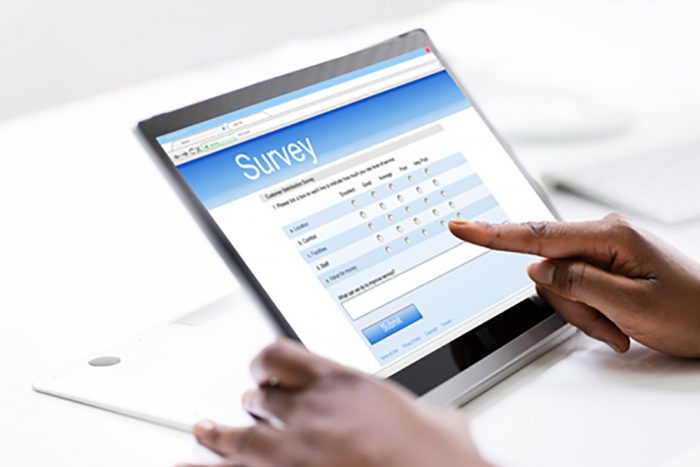The Pennsylvania Department of Human Services (DHS) Office of Developmental Programs (ODP) has shared the Information Sharing and Advisory Committee (ISAC) Provider Performance Review Subcommittee 2026 Meeting Schedule.
Time: The meetings are scheduled to take place on Thursdays, from 1:00 pm – 4:00 pm, unless otherwise specified.
Save the Dates:
- March 5, 2026
- June 4, 2026, 9:00 am – 12:00 pm
- September 3, 2026
- December 3, 2026
Location: Meetings will be held remotely. Links to register and participate will be shared closer to the meeting date.
If you have any questions, please contact TaWanda Jackson.

















